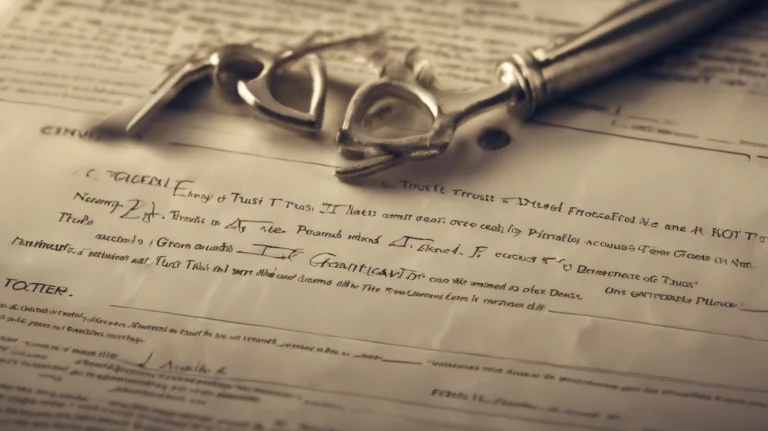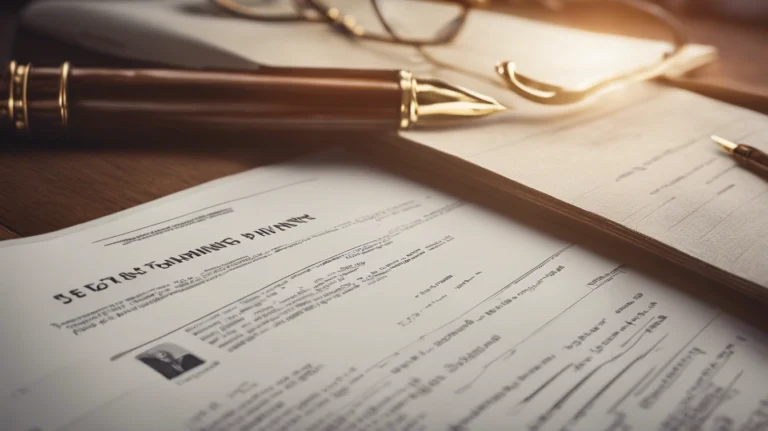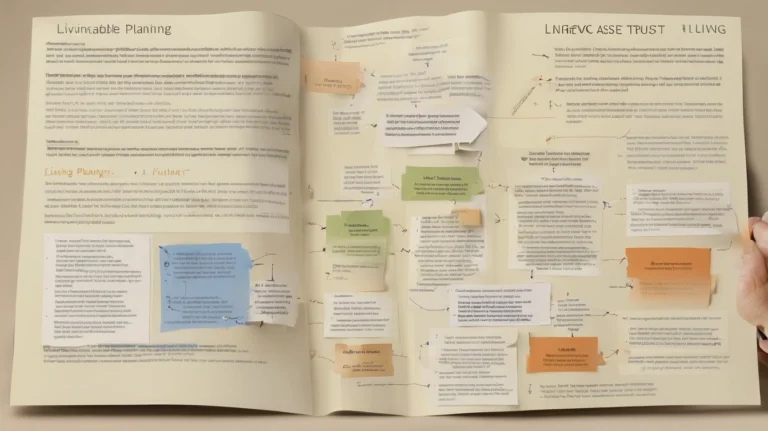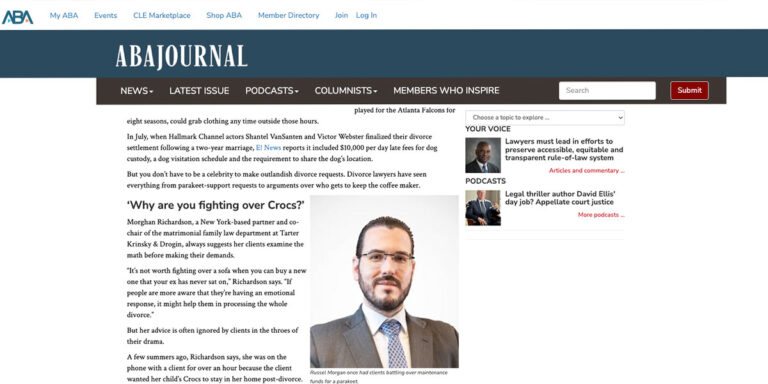After your death, your assets will be managed and distributed based on what you have in your will. If you didn’t plan your estate while you were alive, the state government will step in. What will the state government do? You may ask. The state government will ensure that your estate is managed and distributed based on the intestate laws of Buffalo, NY. This process, you see, can be time-consuming and stressful. Thus, ensure that you plan your estate early enough as no one knows when death will come knocking.
What is Estate Planning?
Estate Planning is the preparation of duties that serve to manage a person’s assets base if they become incapacitated or kick the bucket suddenly. This plan includes the designation of heirs for each assets of the estate owner, including the payment of estate taxes and outstanding debts. There are two major ways to set up your estate plan. You can either do so with the help of an online estate planning tool, or you can leverage the services of an estate planning attorney Buffalo, NY.
However, I would advise that you contact an estate planning attorney if you wish to plan your estate. Unlike those online tools, an estate planning attorney can provide you with optimum estate planning service designed to ensure that your wishes regarding your estate are upheld.
What is A Trust?
A trust is almost similar to a will. In fact, in some cases, a trust can take the place of a will. A trust is simply a fiduciary relationship in which one party, regarded as a trustor, gives another party, known as the trustee, the right to retain assets on behalf of the beneficiary. Unlike a will, a trust is completely free from probate. In addition, a trust can be created with the help of an experienced estate planning lawyer in Buffalo, NY.
Understanding a Trust
Trusts are drafted by settlors who dictates how to transfer parts of the entire of their assets to trustees. The job of a trustees is to manage the assets for the beneficiaries of the trust. They aren’t meant to lavish the assets neither are they meant to convert it for personal use. Doing so could land them in big trouble as they are obligated by the law to carry out their fiduciary duty.
The trustee of a trust must adhere to the term on which the trust was built. In some locations, it is possible for older beneficiaries to take the role of trustees. For instance, in some jurisdiction, the grantor, who is the creator of the trust, can be a lifetime beneficiary and a trustee simultaneously.
A trust can be used for several purposes. It can be used to indicate how a person’s funds should be managed and shared while the individual is still alive, or after his or her demise. With a trust, one can avoid paying huge taxes. Also, and most importantly, creating a trust remains the best way to avoid the ever-challenging probate process. While a trust has several advantages, it also comes with a few disadvantages. The disadvantages of creating trusts are that they require a lot of time and money to set up.
Types of trust
There are two major types of trusts and they include, a revocable trust and an irrevocable trust.
Irrevocable Trusts VS. Revocable Trusts
Revocable trusts are very different from irrevocable trusts, thus shouldn’t be mistaken for each other. An irrevocable trust is one that cannot be altered, modified, changed or terminated without the consent or approval of the beneficiaries designated by the grantor (creator of the trust or trust owner).
On the other hand, a revocable trust is one that can be canceled, altered, modified, or changed without the consent or approval of the beneficiaries designated by the grantor. Such trusts offer the benefit of allowing their creator or the grantor to eliminate them and take back property held by the trust anytime they wish before their demise. But, one of the disadvantages of revocable trust is that, it doesn’t offer protection against lawsuits or estate taxes like its counterpart, irrevocable trust.
































